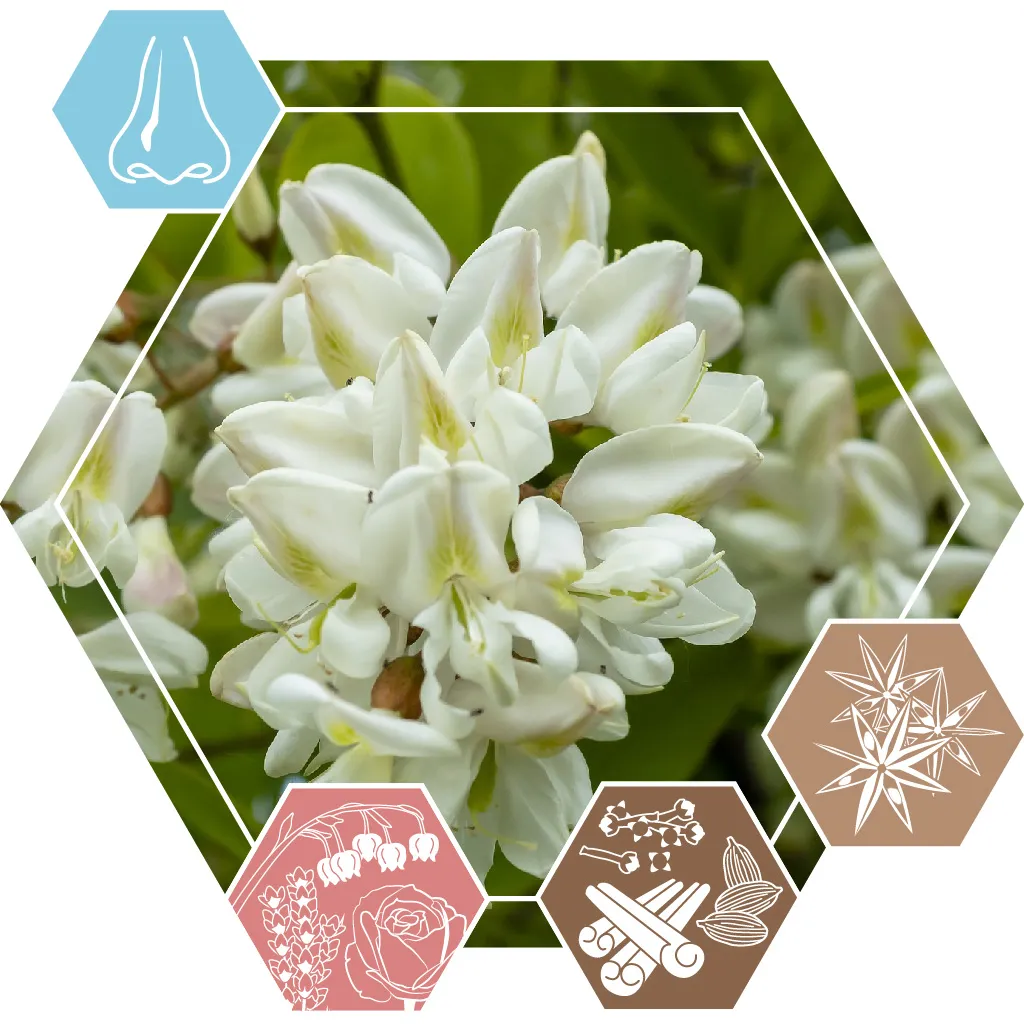Farnesol, an antimicrobial compound found in herbs, fruits, and mushrooms, has emerged as a potential game-changer in the fight against Parkinson’s disease, as unveiled by an international team of researchers led by scientists from Johns Hopkins University School of Medicine. Through extensive studies conducted on mice, their findings suggest that Farnesol could hold the key to both preventing and reversing the brain damage associated with this debilitating condition.
The intriguing outcomes of this study have been spotlighted in the prestigious journal “Science Translational Medicine,” showcasing the promising therapeutic potential of Farnesol. Researchers delved deep into the pivotal role that this compound, commonly utilized in the fragrance and flavor industry, could play in safeguarding dopamine-producing neurons in the brain. This safeguarding occurs through the deactivation of a specific protein named PARIS (Parkin Interacting Substrate). This proactive action by Farnesol is of utmost importance, as the degeneration of dopamine neurons is a hallmark feature of Parkinson’s disease.
To delve further into the implications of this breakthrough, envision a thriving orchard teeming with an array of aromatic herbs. Take Thyme, for instance, which contains Farnesol, thus revealing a potential natural source of this life-preserving molecule. Moreover, the notion that Farnesol, often prized for its olfactory attributes, could also serve a critical medical role is fascinating. In this context, it acts as a guardian, shielding vulnerable neurons and thereby contributing to counteracting the debilitating effects of Parkinson’s disease.
Concrete evidence gleaned from human brains afflicted with Parkinson’s disease and from murine models of the condition has validated the elevation in PARIS protein levels. This elevation is linked to the inhibition of the parkin enzyme, responsible for PARIS degradation. Furthermore, results have demonstrated that Farnesol not only prevents neuron loss but also reverses observed behavioral deficits in mice, solidifying its status as a promising pharmaceutical candidate.
Ted Dawson, who heads the Institute for Cell Engineering at Johns Hopkins University School of Medicine and also serves as a professor of neurology, underscored the significance of these revelations by stating, “Our experiments have unmistakably shown that Farnesol has a dual impact: it significantly preserves dopaminergic neurons and rectifies behavioral deficits in mice. These findings excitingly hint at the potential of Farnesol as a treatment for Parkinson’s disease.”
In essence, the study casts Farnesol as an unexpected hero hailing from the plant kingdom, poised to defend precious brain functions against the ravages of Parkinson’s disease. As research advances, this molecule could well emerge as a cornerstone in the arsenal of potential treatments for this debilitating ailment.
